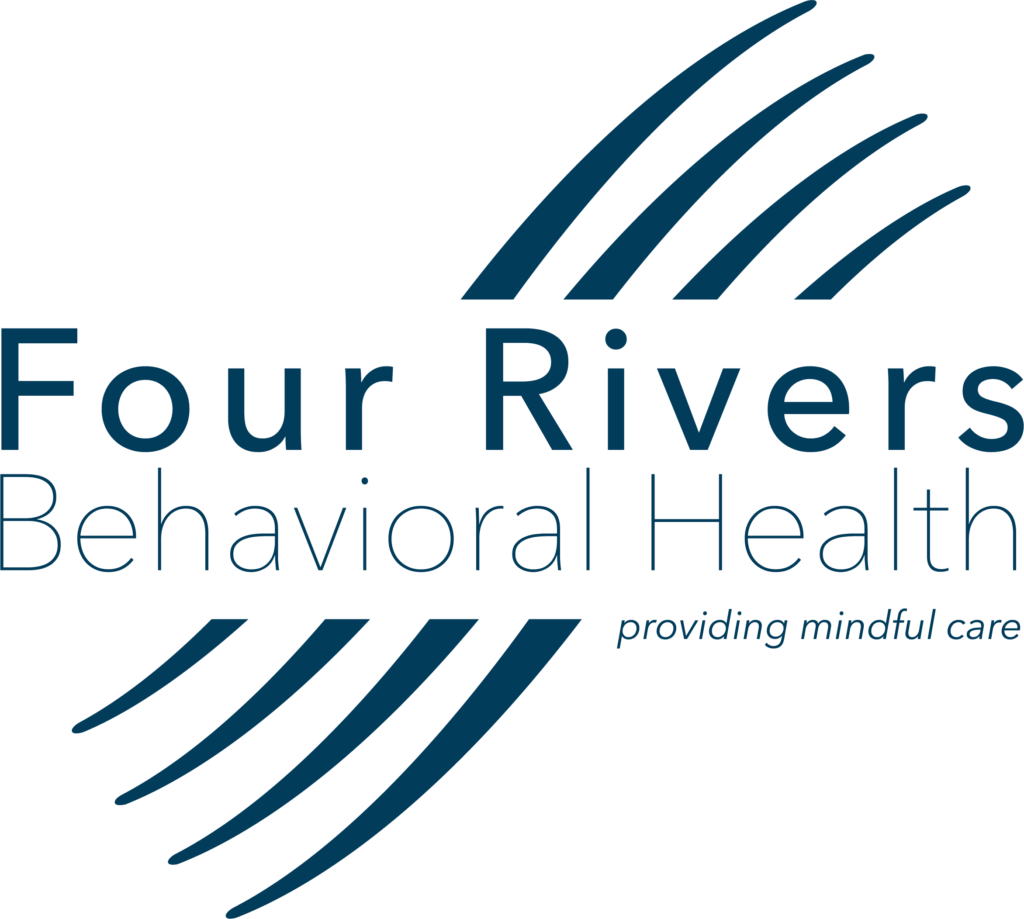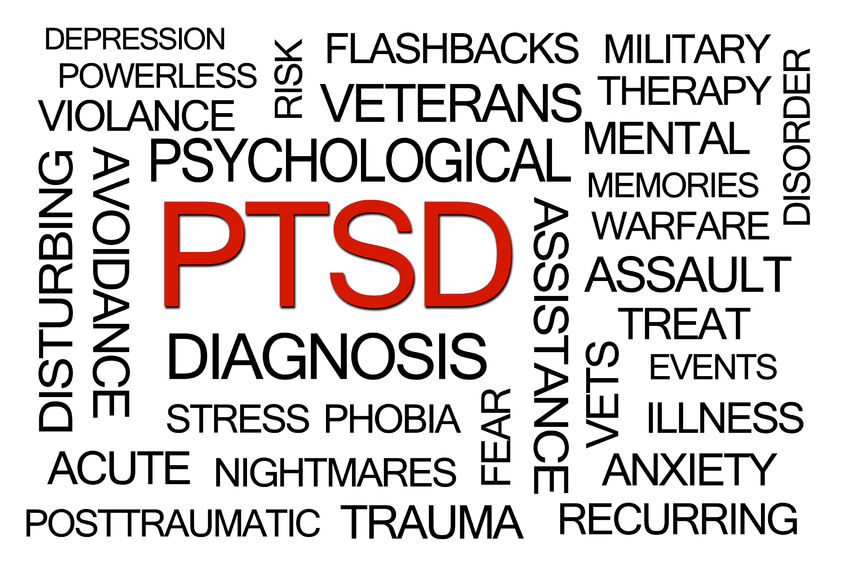The combination of life-threatening traumatic personal experiences, loss of loved ones, disruption of routines and expectations of daily life, and post-violence adversities pose psychological challenges to the recovery of children and families in the affected areas. The following issues may be helpful to consider:
Reactions to Danger
Danger refers to the sense that events or activities have the potential to cause harm. In the wake of the recent catastrophic violence, people and communities have a greater appreciation for the enormous danger of violence and terrorism and the need for effective emergency management plans. There will be widespread fears of recurrence that are increased by misinformation and rumors. Danger always increases the need and desire to be close to others, making separation from family members and friends more difficult.
Posttraumatic Stress Reactions
Posttraumatic stress reactions are common, understandable, and expectable, but are nevertheless serious. The three categories are: 1) Intrusive Reactions, meaning ways the traumatic experience comes back to mind. These include recurrent upsetting thoughts or images, strong emotional reactions to reminders of the attacks, and feelings that something terrible is going to happen again; 2) Avoidance and Withdrawal Reactions, including avoiding people, places and things that are reminders of the attacks, withdrawal reactions, including feeling emotionally numb, detached or estranged from others, and losing interest in usual pleasurable activities; and 3) Physical Arousal Reactions, including sleep difficulties, poor concentration, irritability, jumpiness, nervousness, and being “on the lookout for danger.”
Grief Reactions
Grief reactions are normal, vary from person to person, and can last for many years. There is no single “correct” course of grieving. Personal, family, religious, and cultural factors affect the course of grief. Over time, grief reactions tend to include more pleasant thoughts and activities, such as positive reminiscing or finding uplifting ways to memorialize or remember a loved one.
Traumatic Grief
People who have suffered the loss of a loved one under traumatic circumstances often find grieving even more difficult than it might otherwise be. Their minds stay on the circumstances of the death, including preoccupations with how the loss could have been prevented, what the last moments were like, and issues of accountability. Traumatic grief changes the course of mourning, putting individuals on a different time course than is usually expected.
Depression
Depression is associated with prolonged grief and strongly related to the accumulation of post-violent adversities. Symptoms can include depressed or irritable mood, change in sleep or appetite, decreased interest in life activities, fatigue, and feelings of hopelessness and worthlessness. Some youth and adults may experience suicidal thoughts.
Trauma and Loss Reminders
Trauma reminders: Many people will continue to encounter places, people, sights, sounds, smells, and inner feelings that remind them of the shooting. The sounds of gunfire, the smell of smoke, and people screaming have become powerful reminders. Adults and youth are often not aware that they are responding to a reminder, and the reason for their change in mood or behavior may go unrecognized.
Loss reminders: Those who have lost loved ones continue to encounter situations and circumstances that remind them of the absence of their loved one. These reminders can bring on feelings of sadness, emptiness in the survivor’s life, and missing or longing for the loved one’s presence.
Consequences of These Reactions
Intrusive images and reactivity to reminders can seriously interfere with school performance and avoidance of reminders can lead to restrictions on important activities, relationships, interests, and plans for the future. Irritability and impaired decision-making can interfere with getting along with family members and friends. Trauma-related sleep disturbance is often overlooked but can be persistent and affect daily functioning. Some may respond by being unusually aggressive or restless, needing to be around parents or caregivers more than usual, or voicing fears or concerns about their safety or the safety of their friends. Adolescents may become inconsistent in their behavior, start to withdrawal and avoid social situations, become overly confrontational or aggressive, or engage in high-risk behaviors (e.g., driving recklessly, using drugs and alcohol). Depressive reactions can become quite serious, leading to a major decline in school performance, social isolation, loss of interest in normal activities, self-medication, acting-out behavior, and, most seriously, attempts at suicide. Traumatic grief can lead to the inability to mourn, reminisce and remember, fear of a similar fate or the sudden loss of other loved ones, and to difficulties in establishing or maintaining new relationships. Adolescents may respond to traumatic losses by trying to become too self-sufficient and independent or by becoming more dependent and taking less initiative.
Restoring a sense of safety and security, and providing opportunities for normal development within the social, family and community context are important steps to the recovery of children, adolescents, and families.
For more information or to seek help for you or a loved one, contact Four Rivers Behavioral Health’s crisis line at 800.592.3980 or visit our website at www.4RBH.org

